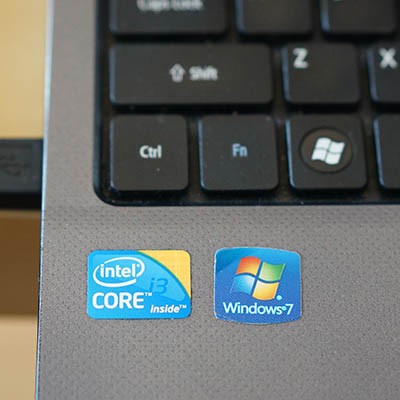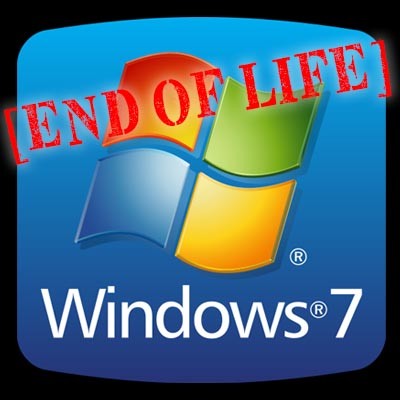Ferrum Technology Services Blog
Millions of people are still using the Microsoft Windows 7 operating system despite it being completely unsupported. When Microsoft pulled the plug on support for the OS in January, most industry professionals expected there to be some exploits found pretty rapidly. It turns out that the very first exploit was actually Microsoft’s fault, and that Windows 7 support had a little life in it after all.
Microsoft is just days away from retiring not just one, but two of its most popular operating systems. The software giant has made a point to run a major campaign warning people who are still using Windows 7 that they are going to lose support after the January 14, 2020 deadline; but, as of this writing, there are still over a quarter of desktop users running the software. With the deadline looming, we thought we’d look at what this means for users and go through some of the options they have.
If you are still using the Windows 7 operating system for your business, you probably have looked into upgrading. If you haven’t you only have about a month until Microsoft officially retires the OS. As a result, you will need to make a plan to keep your business’ IT supported while you find a solution.
Whenever a Windows operating system reaches its End of Support or End of Life, there is always a period of chaos where companies are scrambling to react in time. Is your business one of them? If you fail to take proactive measures by implementing new software solutions before the end of support date, you could be exposing your business to unprecedented danger--especially considering how popular Windows 7 is with the user base.
All good things must come to an end eventually, and Windows 7 is no different. Microsoft is officially ending its support of this operating system relatively soon, but this doesn’t mean that you should jump ship without a plan. In fact, Microsoft realizes that some businesses and organizations simply can’t make the jump in time, so they have implemented contingency plans for these companies. The problem is that it’s expensive. We’ll walk you through everything there is to know about how Microsoft is handling the end of life events for Windows 7.
Software developers create software for function, to make profit, to challenge convention, and many other reasons, but when a software company becomes as important to people as Microsoft has become, they have to ensure that their products are well supported. Microsoft support, as an extension of their software offerings, typically helps users navigate the problems they have with their software. Every so often, however, the product you have navigated automated menu after automated menu for will turn out to be unsupported, leaving you asking yourself, “When did that happen?”







